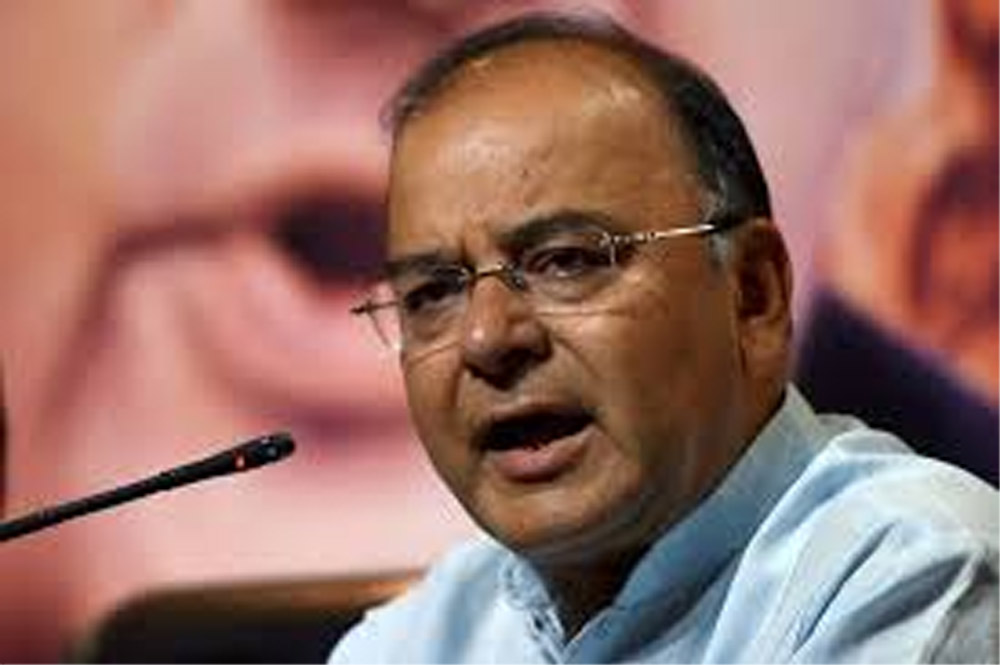NEW DELHI : Finance Minister Arun Jaitley may deviate from the medium-term fiscal consolidation path in the Union budget 2016-17 to create space for stepping up public spending and earmarking funds to cover liabilities imposed by the pay panel.
Mr Jaitley will present the budget tomorrow. The roadmap laid out by the Finance Minister in the last budget envisages 3.5 per cent fiscal deficit target for 2016-17, down from 3.9 per cent in 2015-16.
While the Government is confident that it can meet the fiscal deficit target for 2015-16, the question of sticking to the consolidation path has been left wide open.
The Economic Survey 2015-16, tabled by Mr Jaitley in parliament yesterday, makes a strong case for pushing public spending to boost domestic demand at a time when private investment is not coming and exports are falling.
The agriculture sector too is under stress due to less than normal rainfall for the third consecutive year.
Explaining the exigency for loosening fiscal policy, the survey says, The Seventh Pay Commission has recommended that government wages and allowances be increased significantly.
Full implementation of this pay award which the government will decide on–would add about 0.5 per cent of GDP to the Centre?s wage bill. It further says, Public investment may need to be increased further to address a pressing backlog of infrastructure needs.
Such an increase would merely return spending to its 2010-11 level of around 2 per cent of GDP, well below the level in other emerging markets.
Considering these factors, the Centre’s deficit could swell substantially. As a result, achieving the original could prove difficult unless there are tax increases or cuts in expenditures.
There is some scope to increase receipts from disinvestment and spectrum auctions to realise which will require effort, it adds.
The survey also punches holes in the argument that the sanctity of fiscal deficit target must be honoured.
Even the desirability of a strategy of aggressive fiscal consolidation could be questioned. This is because the current environment is fraught with risks, which threaten all the engines of India’s growth, the survey says.
It would consequently seem important for the government to purchase insurance against these downside risks — rather than reduce fiscal demand significantly and take the chance of precipitating their realization.
Data uncertainty reinforces the need for purchasing insurance, the survey says emphatically. (AGENCIES)
Trending Now
E-Paper


